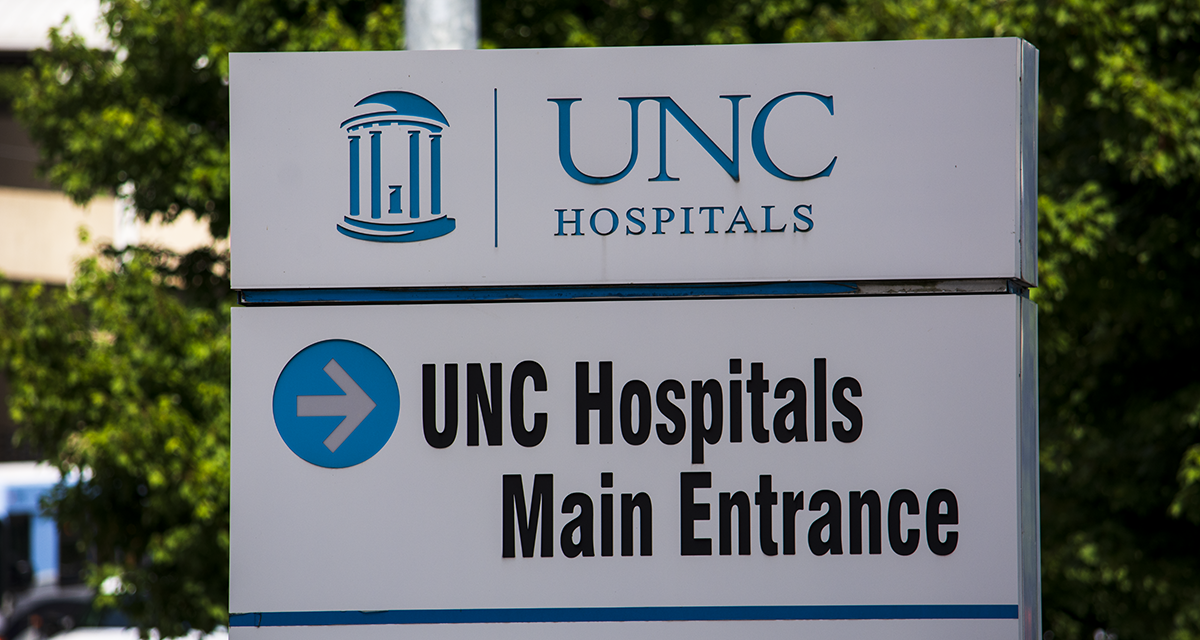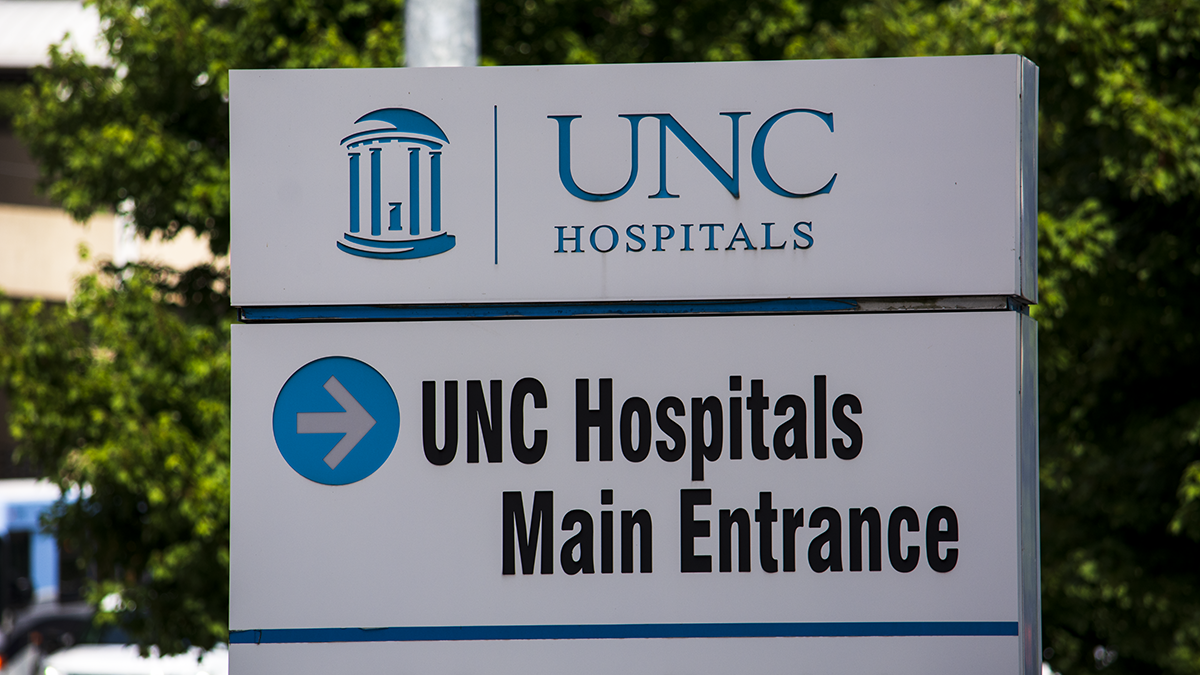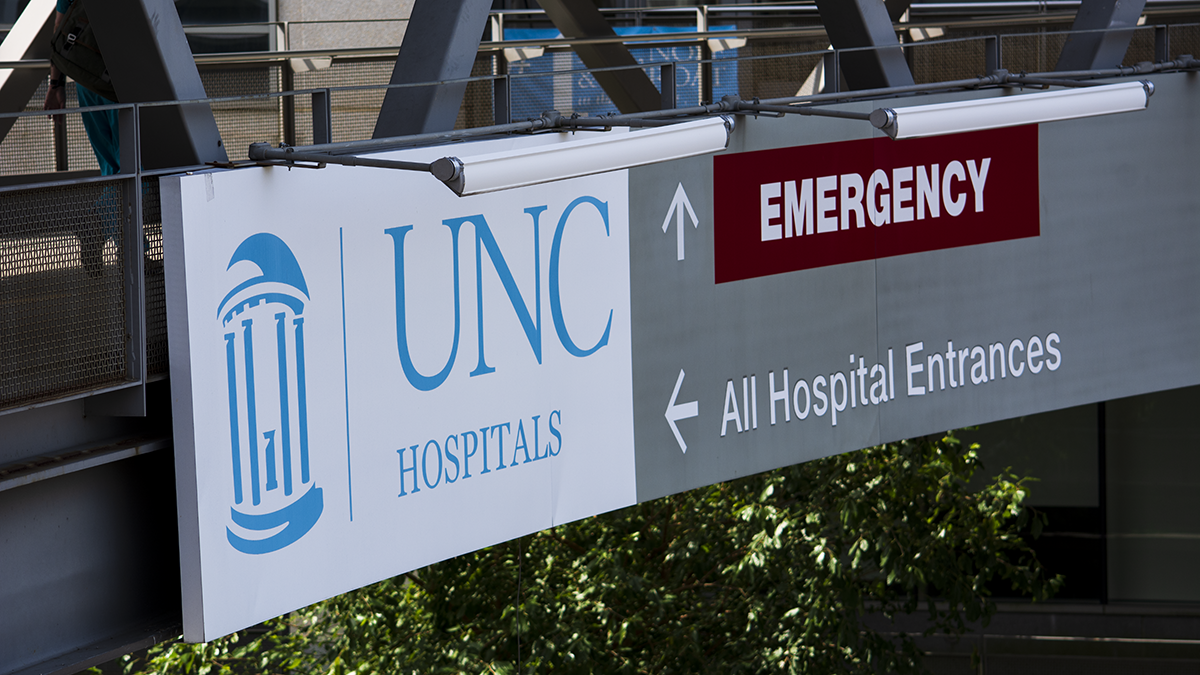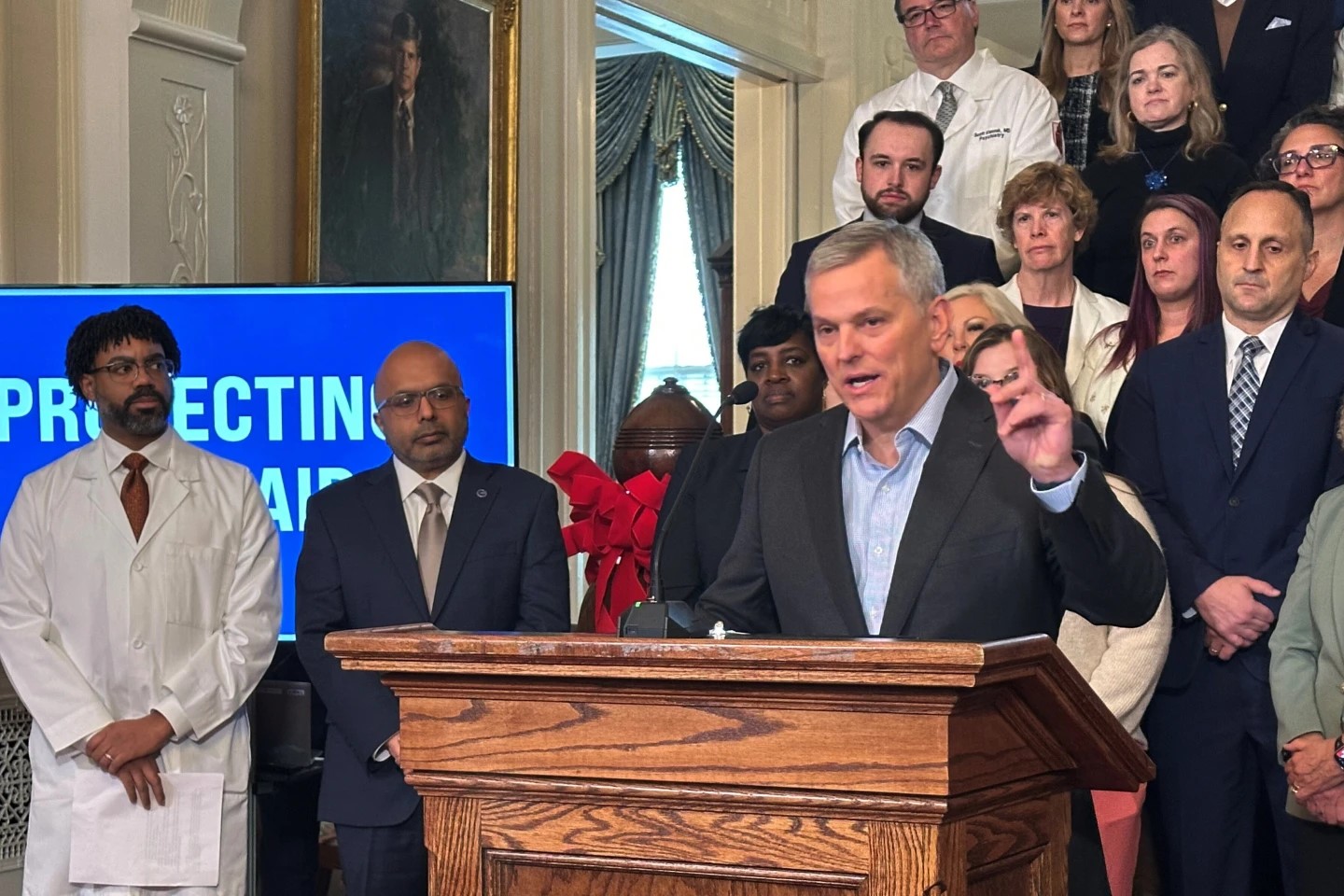A new report from NC Treasurer Dale Folwell’s office is adding to an ongoing conflict between Folwell and the state’s largest hospitals — and the hospitals are pushing back.
“These entities are putting profits over patients, and their true mission should be patients over profits,” says Folwell about the latest of several reports his office has issued this year criticizing North Carolina’s large hospitals. “I’m deeply concerned that we’re seeing a further cartelization of health care, the concentration of health care into the hands and arms of fewer and fewer of these multi-billion-dollar corporations that are run by these multi-million-dollar executives.”
The latest report this summer found that North Carolina’s seven largest hospitals combined for $5.2 billion in net profits in 2021, even after taking $1.5 billion in federal COVID relief funds the year before. Most of those profits were concentrated in two systems: Duke Health and Atrium Health.
Read more information from the report.
Folwell says the large hospitals were taking in record profits while smaller, rural hospitals were struggling to survive.
And he says that concentration of wealth has been compounded by numerous recent mergers.
“Novant just took over New Hanover Regional,” he says. “The wheels are coming off of health care in western North Carolina [with] HCA taking over Mission Health [and] Atrium taking over Wake Forest Baptist.”
Folwell has also been critical of large hospitals for not providing enough charity care to patients. He says hospitals receive tax breaks for providing charity care, but then often bill patients who are eligible, and occasionally even sue those patients for nonpayment.
“The charity care that they’re supposed to be providing doesn’t geehaw with the billions of dollars of tax exemptions that they get from the state and federal government,” he says.
But while Folwell is calling for action, North Carolina hospitals are pushing back – saying his reports don’t account for all the uncompensated work they do for communities, nor do they account for the financial difficulties even the largest hospitals faced during the height of COVID-19.
Compounding the issue is the fact that some hospital systems straddle that big/small divide. UNC Health, most notably, operates many small rural hospitals as well as the flagship hospital in Chapel Hill.
UNC Health director of news Alan Wolf issued the following statement in response to Folwell’s report:
Without federal pandemic relief funds, many of the rural hospitals in North Carolina – including several in the UNC Health network – would have struggled to remain financially viable and open to serve their communities amid interruptions caused by the COVID-19 pandemic.
The Treasurer’s charged and misleading report paints a baseless picture of excess relief funds as “profit” and seems to intentionally obscure the fact that advanced Medicare payments were not gifts – UNC Health has already paid the federal government back almost all of the $305 million it received from advance Medicare payments.
UNC Health is committed to finding innovative ways to reduce costs and enhance care, as part of our mission of improving the health and well-being of all North Carolinians. In addition, we have provided more than $400 million in uncompensated or charity care to North Carolinians during the past three years and have one of the state’s most generous financial assistance policies.
“We never turn patients away,” Wolf added.
Nonetheless, Folwell is calling for action at the state level to reign in large mergers, establish a set minimum for charity care, and require hospitals to be more transparent about health care costs.
“People are now in a position, because of medical expenses, of not being able to see themselves past their poverty,” he says.
Chapelboro.com does not charge subscription fees, and you can directly support our efforts in local journalism here. Want more of what you see on Chapelboro? Let us bring free local news and community information to you by signing up for our biweekly newsletter.











